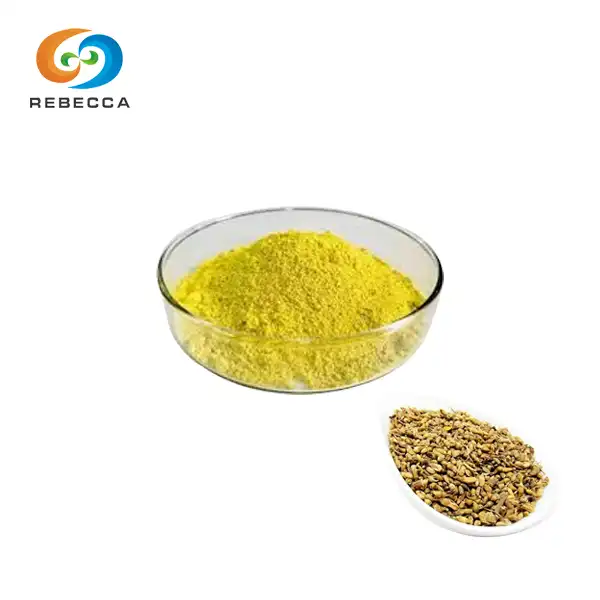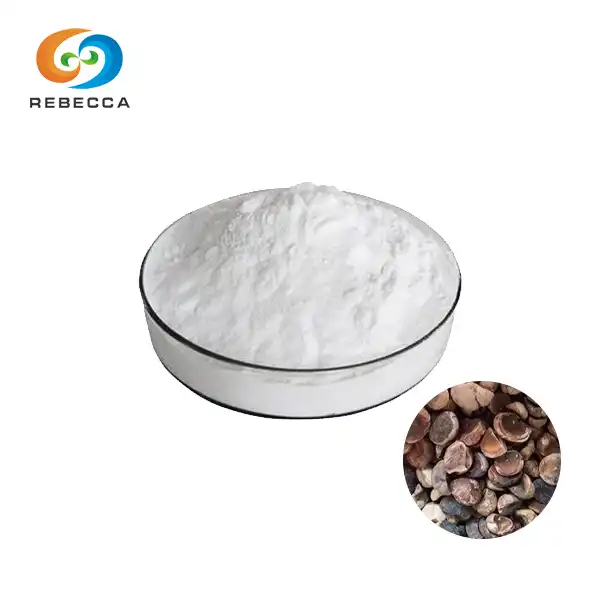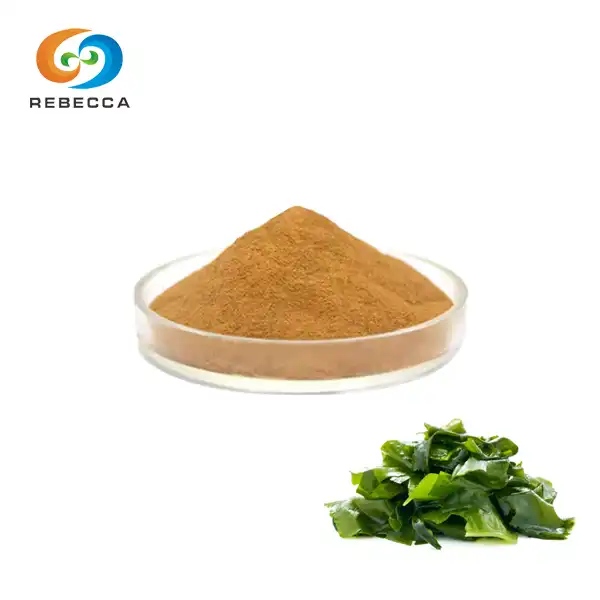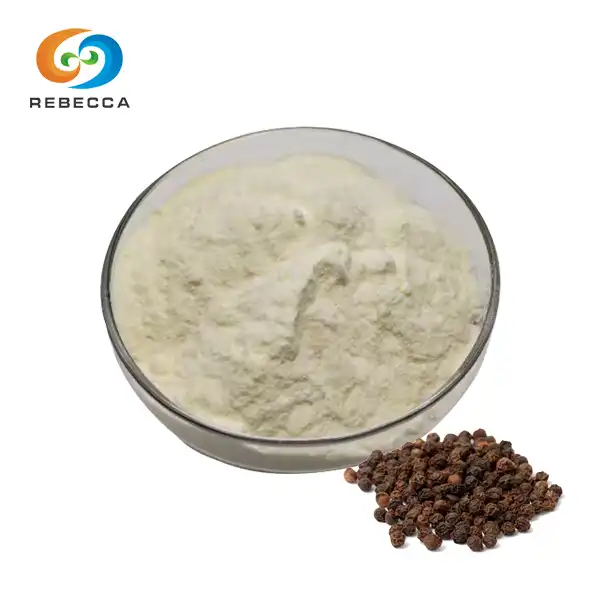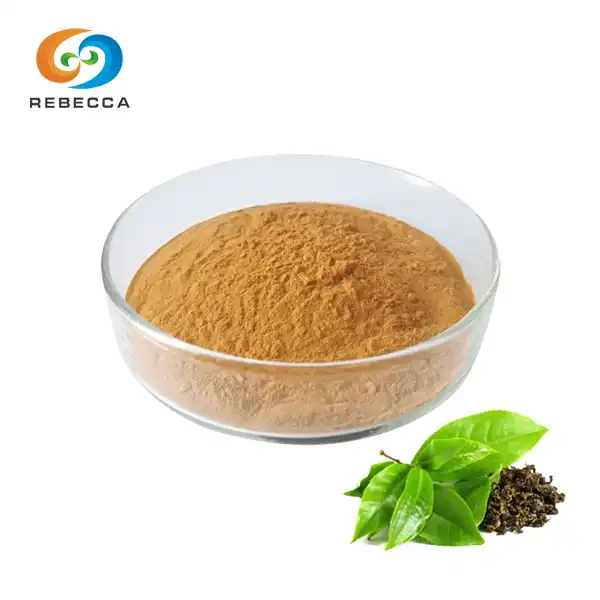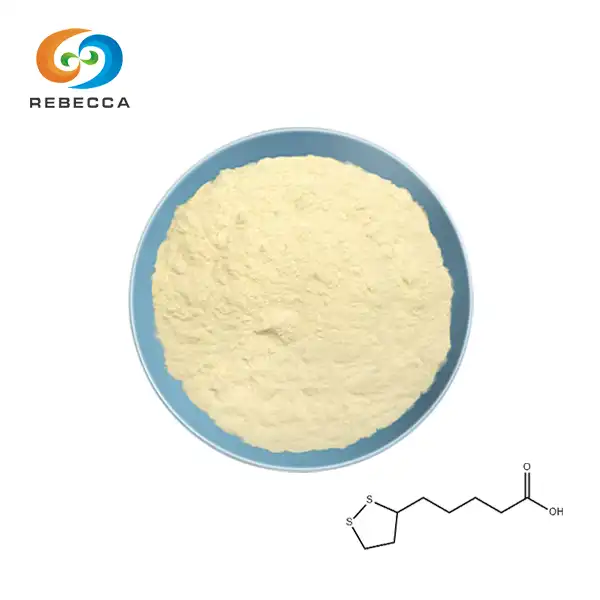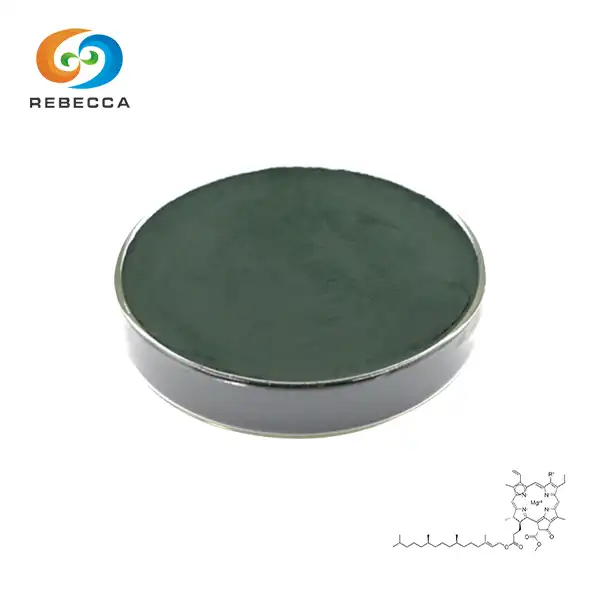Resveratrol Cas 501 36 0 and Heart Health
Resveratrol, a powerful antioxidant compound found in various plants, has garnered significant attention in recent years for its potential health benefits, particularly in relation to cardiovascular health. With the chemical abstract service (CAS) number 501-36-0, resveratrol has become a subject of intense scientific research and public interest. This article delves into the relationship between resveratrol Cas 501 36 0 and heart health, exploring its mechanisms of action, potential benefits, and best practices for supplementation.
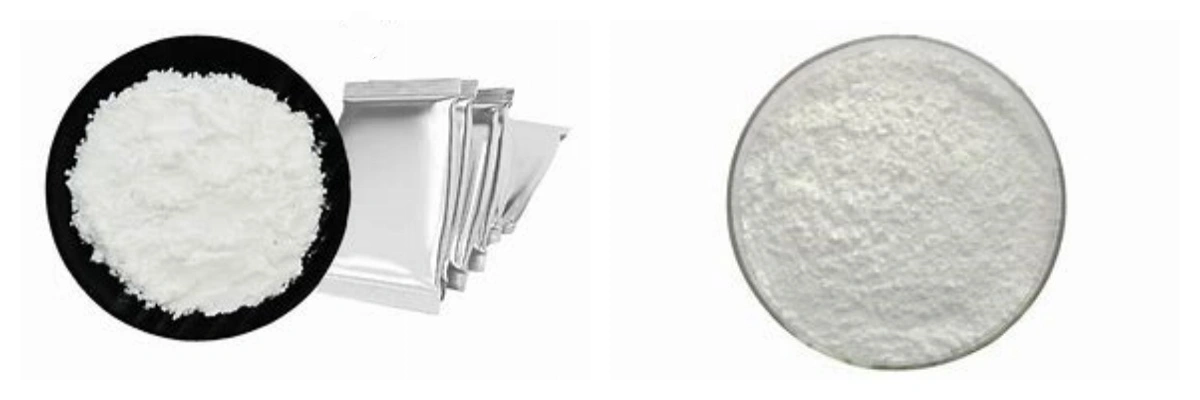
Resveratrol's Impact on Cardiovascular Health
Resveratrol Cas 501-36-0 has shown promising effects on various aspects of cardiovascular health. This polyphenolic compound, primarily found in the skin of red grapes, berries, and peanuts, exerts its cardioprotective effects through multiple mechanisms:
- Antioxidant Properties: Resveratrol is a potent antioxidant that helps neutralize harmful free radicals in the body. By reducing oxidative stress, it may prevent damage to blood vessels and heart tissue, thereby supporting overall cardiovascular function.
- Anti-inflammatory Effects: Chronic inflammation is a key contributor to heart disease. Resveratrol has demonstrated anti-inflammatory properties, potentially reducing the risk of atherosclerosis and other inflammatory cardiovascular conditions.
- Endothelial Function: The compound has been shown to improve endothelial function, which is crucial for maintaining healthy blood vessels. Enhanced endothelial function can lead to better blood flow and reduced risk of hypertension.
- Lipid Profile Improvement: Some studies suggest that resveratrol may help improve lipid profiles by increasing HDL (good) cholesterol levels while decreasing LDL (bad) cholesterol and triglycerides.
These multifaceted effects of resveratrol on cardiovascular health underscore its potential as a natural compound for supporting heart health. However, it's important to note that while these findings are promising, more research is needed to fully understand the long-term effects and optimal dosage of resveratrol for cardiovascular benefits.

How Resveratrol Helps Reduce Heart Disease Risk?
Resveratrol Cas 501 36 0 has been associated with a reduced risk of heart disease through various mechanisms. Understanding these pathways can provide valuable insights into how this compound may contribute to cardiovascular health:
- Platelet Aggregation Inhibition: Resveratrol has been shown to inhibit platelet aggregation, which is the clumping together of platelets in the blood. This effect may help prevent the formation of blood clots, reducing the risk of heart attacks and strokes.
- Blood Pressure Regulation: Some studies suggest that resveratrol may help lower blood pressure by promoting the production of nitric oxide, a molecule that helps dilate blood vessels. This vasodilatory effect can contribute to better blood flow and reduced strain on the heart.
- Mitochondrial Function: Resveratrol has been found to enhance mitochondrial function in heart cells. Mitochondria are the powerhouses of cells, and their optimal function is crucial for heart health. By improving mitochondrial efficiency, resveratrol may support overall cardiac function.
- Sirtuin Activation: Resveratrol is known to activate sirtuins, a group of proteins involved in cellular health and longevity. Sirtuin activation has been linked to improved cardiovascular health and potentially increased lifespan.
While these mechanisms offer promising insights into how resveratrol may help reduce heart disease risk, it's crucial to approach these findings with caution. The complex nature of cardiovascular health means that no single compound can be considered a panacea. A holistic approach to heart health, including a balanced diet, regular exercise, and stress management, remains essential.

Best Practices for Resveratrol Supplementation
For those considering resveratrol CAS 501-36-0 supplementation to support heart health, it's important to approach it with informed and prudent practices. Here are some guidelines to consider:
- Consult a Healthcare Professional: Before starting any new supplement regimen, it's crucial to consult with a healthcare provider, especially if you have existing health conditions or are taking medications.
- Choose High-Quality Supplements: Look for resveratrol supplements that clearly state the source and concentration of resveratrol. Trans-resveratrol is generally considered the most bioavailable form.
- Consider Dosage Carefully: While optimal dosage can vary, most studies have used doses ranging from 100 to 500 mg per day. Start with a lower dose and gradually increase if needed, under professional guidance.
- Timing of Intake: Some research suggests that taking resveratrol with a meal containing fat may enhance its absorption. However, individual responses can vary, so find a routine that works best for you.
- Combine with a Healthy Lifestyle: Resveratrol CAS 501-36-0 supplementation should complement, not replace, a heart-healthy lifestyle. Maintain a balanced diet rich in fruits and vegetables, engage in regular physical activity, and manage stress effectively.
- Be Aware of Potential Interactions: Resveratrol may interact with certain medications, particularly blood thinners. Always inform your healthcare provider about all supplements you're taking.
- Monitor Your Response: Pay attention to how your body responds to resveratrol supplementation. If you experience any adverse effects, discontinue use and consult your healthcare provider.
It's important to note that while resveratrol shows promise in supporting heart health, it should not be viewed as a substitute for prescribed medications or lifestyle changes recommended by healthcare professionals. The effects of long-term resveratrol supplementation are still being studied, and individual responses can vary.
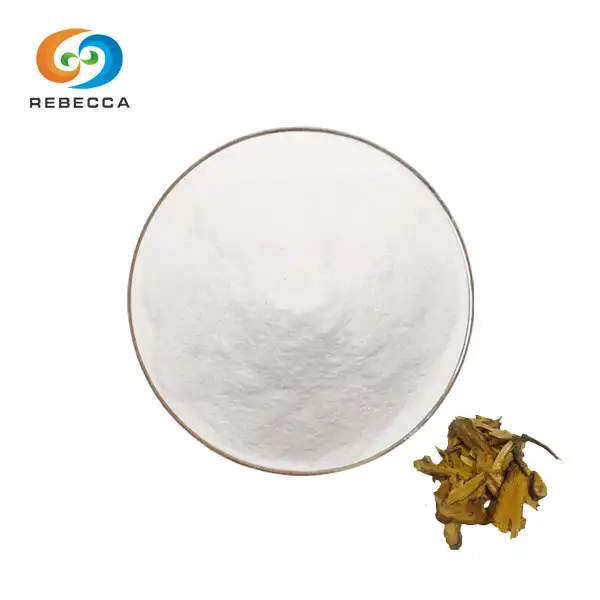
Conclusion
Resveratrol Cas 501-36-0 presents an intriguing avenue for supporting cardiovascular health. Its multifaceted effects on heart health, from antioxidant and anti-inflammatory properties to potential improvements in lipid profiles and endothelial function, make it a compound of significant interest in the realm of natural heart health support.
However, it's crucial to approach resveratrol supplementation with a balanced perspective. While the potential benefits are promising, more research is needed to fully understand its long-term effects and optimal use in different populations. As with any aspect of health, a holistic approach that includes a healthy diet, regular exercise, stress management, and professional medical advice remains the cornerstone of cardiovascular wellness.
For those interested in exploring resveratrol supplementation or seeking high-quality resveratrol products, it's advisable to consult with healthcare professionals and trusted suppliers. For more information on resveratrol and other natural extracts, feel free to contact us at information@sxrebecca.com.
References
1. Berman, A. Y., Motechin, R. A., Wiesenfeld, M. Y., & Holz, M. K. (2017). The therapeutic potential of resveratrol: a review of clinical trials. NPJ precision oncology, 1(1), 1-9.
2. Kulkarni, S. S., & Cantó, C. (2015). The molecular targets of resveratrol. Biochimica et Biophysica Acta (BBA)-Molecular Basis of Disease, 1852(6), 1114-1123.
3. Novelle, M. G., Wahl, D., Diéguez, C., Bernier, M., & de Cabo, R. (2015). Resveratrol supplementation: Where are we now and where should we go?. Ageing research reviews, 21, 1-15.
4. Shabani, M., Nazeri, M., Parsania, S., Razavinasab, M., Zangiabadi, N., Esmaeilpour, K., & Abareghi, F. (2012). Walnut consumption protects rats against cisplatin-induced neurotoxicity. Neurotoxicology, 33(5), 1314-1321.
5. Zordoky, B. N., Robertson, I. M., & Dyck, J. R. (2015). Preclinical and clinical evidence for the role of resveratrol in the treatment of cardiovascular diseases. Biochimica et Biophysica Acta (BBA)-Molecular Basis of Disease, 1852(6), 1155-1177.
_1730691017423.webp)










